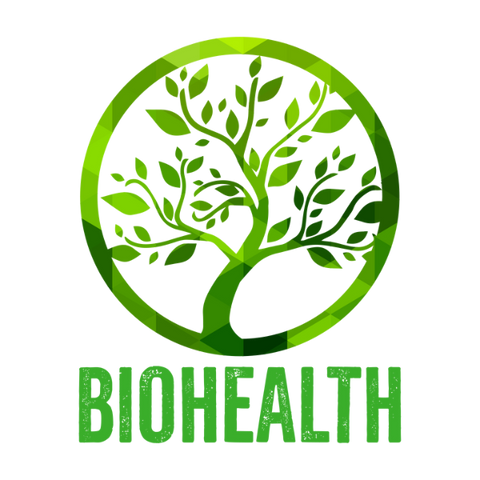6 Signs You Need More Protein In Your Diet

Protein is an essential building block for your body. It's one of three macronutrients that make up the majority of foods that you eat and all three are important for maintaining good health. Protein is absolutely crucial for your body and is used for muscles, body tissue, skin, hair, enzymes and hormones. It helps your body build new cells and is a major source of energy. Additionally, protein plays an integral role in the functioning of your immune system.
While it's plays a vital role in your body's functioning, most people don't consume enough protein they need on a daily basis. Here's some of the subtle signs of protein deficiency and how to ensure you're meeting your daily protein needs.
1. Thinning hair, and brittle nails.
Our hair, skin and nails are made up of proteins knows as keratin and collagen. If you lack these proteins, you'll start to notice thinning hair, dry skin and brittle nails.
2. Hunger.
Along with calories and fat, protein helps fill you up and keeps your body satisfied until the next meal. If you feel like you're hungry shortly after eating, you may not be getting enough protein. Protein increases your feelings of fullness because it takes longer to break down than other macronutrients.
3. Recurring sickness.
You may not realize it, but protein plays as much of a role in your immune system as Vitamin C and Zinc do. Low protein intake can affect how efficiently your immune system works. You need protein to digest and absorb other nutrients that keep you healthy and help fight off viruses, bacteria and toxins.
4. Fatigue.
If you're feeling more tired than normal, it's important to look at your diet and identify what could be missing. If you're lacking protein for an extended period of time, it could lead to anemia. A lack of protein affects muscles responsible for your posture and movement. Without enough, it can even slow metabolism leaving you feeling fatigued.
5. Craving sugar and carbs.
When you eat protein, it takes longer for your body to break down than simple carbs and sugars. When you consume more protein, you won't feel hungry soon after meals. Carbs and sugar spike your blood sugar, which can lead to intense cravings throughout the day so your body can stay energized.
6. Swelling and puffiness.
Swelling is one of the most common signs of a lack of protein. Swelling is caused by fluids being trapped in your body's tissues. The most common is in the feet and ankles and can be extremely uncomfortable. The proteins that circulate in your blood prevent fluid build-up in your tissues.
How much protein do you need? You should get a minimum of 10% of your calories from protein every day from a variety of sources. You can get protein from a variety of sources throughout the day. Greek yogurt, meat, eggs and beans all are sources of protein that can be added to your diet.
If you're looking for an easy protein solution, try BioHealth Nutrition's Precision ISO whey protein as a quick, delicious, low-calorie shake to drink during the day. There's also vegan options like Phyto Perfect protein that packs a high protein content with organic fruits and veggies all in one scoop. Whether it's a protein shake or other sources in your diet, you'll want to ensure you're getting enough protein throughout the day for optimal health.
